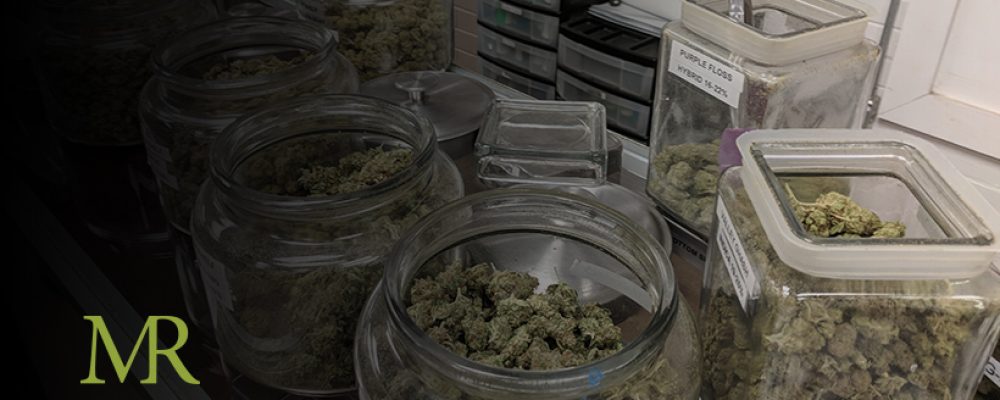The evolving cannabis regulatory climate in Nevada is starting to clear up a bit. Nevada Governor Steve Sisolak signed what had been dubbed a new ‘transparency law’ in Carson City on Friday. The law makes public the names and identities of who owns each cannabis license in the state of Nevada. Lawsuits filed before the bill was signed alleged bias in who was awarded lucrative cannabis licenses in the state. Lawmakers hope this new law clears the air, at least temporarily.
The law comes after a series of lawsuits and claims that the bidding process on new licenses was unclear and possibly even unconstitutional. Department of Taxation chief Melanie Young says that bids are scored on a series of six criteria. The areas applicants are required to demonstrate during the bidding process are financials, organization, community impact, building plans, quality control, and taxes. Detractors have claimed that the process was murky, and created a potential for biased selection. They recommended that the process needed clarification, especially because each license is so lucrative. In 2018, Nevada’s recreational cannabis sales totaled $884 million and brought in $72 million in taxes to the state.
The governor, while he acknowledged the frustrations faced by cannabis license applicants under the current process, also noted that the new law would refute claims of bias, by clearly showing who had applied for — and either received or denied — a license to operate. The law would also clarify the parameters on how licenses are bid for and granted. Critics have claimed that a disproportionately low number of bidders received the majority of the licenses available. In fact, out of 462 applications received for 64 available retail dispensary licenses, 16 applicants successfully bid for 61 of the 64 licenses. The last three dispensary licenses have not been granted as of yet.
The tax department offered an encouraging statistic, however, noting that half of the successful applicants that were granted licenses are new to the cannabis industry.
On Friday, the names of all applicants and licensees were released on the Department of Taxation website. Lawmakers hope that in addition to clearing up the questions surrounding the bid selection process, these measures will also prevent criminal enterprises from legally obtaining a license.
Cannabis regulation continues to evolve as the industry matures. Governor Sisolak is following through with campaign plans to create a Cannabis Compliance Board, which would be modeled similar to the Nevada Gaming Control Board.
Additional regulations are being discussed that will impact Nevada’s cannabis industry. One law is proposing a closed-loop payment system. Lawmakers are promoting this as a safe way for cannabis companies to pay taxes, and by association reducing some of the risk involved with hauling large sums of cash around. How it would address banking issues surrounding the cannabis industry remains to be seen. Many banks are leery to dive into cannabis until federal guidelines are sorted out.


